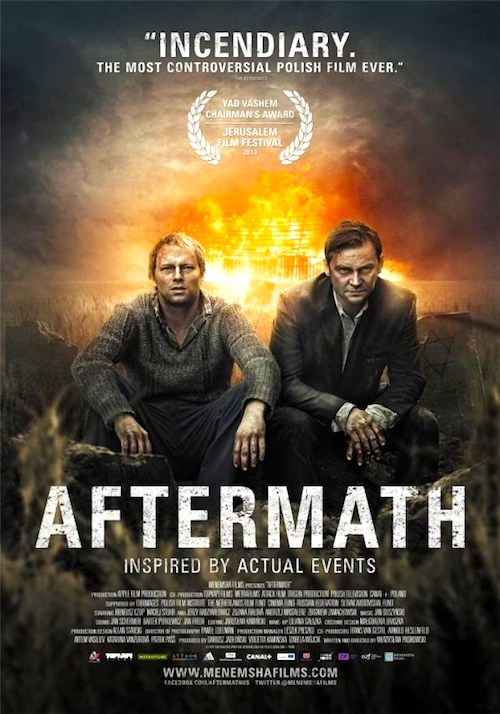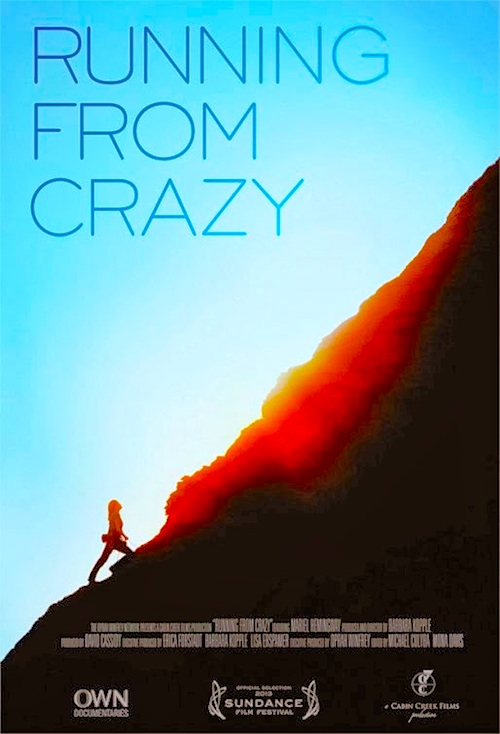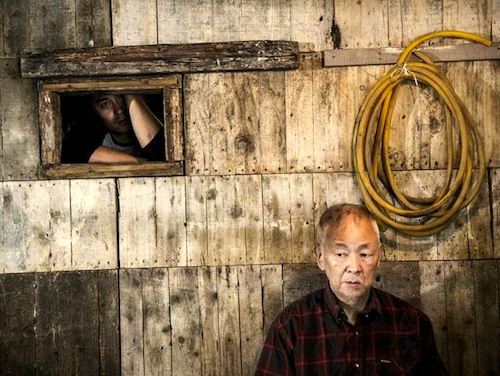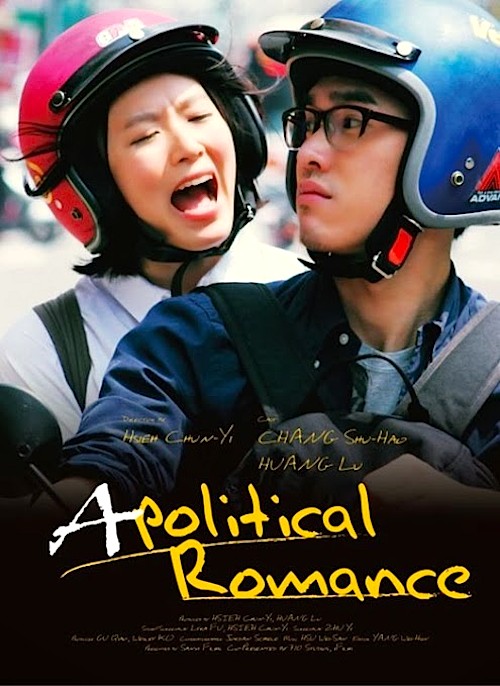By Joe Bendel. It is a fact that there were more righteous gentiles from Poland than any other country. It is also a fact that many Polish survivors refused to return to the homeland after the war. There is a certain defensiveness that manifests itself when the Polish Holocaust experience is discussed. Using the term “Polish concentration camps” is sure to bring objections that these were German death camps they just happened to build in occupied Poland for reasons of logistics. This is a fair point. Nonetheless, it was a complicated period of history that Polish cinema has rarely addressed so defiantly forthrightly as writer-director Władysław Pasikowski has with Aftermath, which opens this Friday in New York.
The fate of Jewish Poles simply was not acknowledged during the old regime, so there was no cause to worry about potential consequences for past injustices. However, this was no longer necessarily the case after the fall of Communism. Such issues could not be further from Franek Kalina’s thought when he finally returned to the ostensibly sleepy hamlet of his birth. The elder Kalina brother immigrated on the eve of Martial Law and never looked back, until his sister-in-law unexpectedly arrived in Chicago. Evidently, something was wrong on the homefront, but her silence forced him to back his long deferred homecoming journey.
 It is an awkward reunion to say the least. His brother Jozek is not especially talkative either, but Kalina eventually discovers why they have been shunned by the town. His brother has systematically collected the Jewish grave markers the National Socialists had used to pave a local thoroughfare and patch up certain municipal works, erecting a makeshift cemetery in a corner of the family field. This is not appreciated by their neighbors. Initially, the Kalinas assume they merely resent the unpleasant memories. However, the slowly discover the town’s damning hidden history.
It is an awkward reunion to say the least. His brother Jozek is not especially talkative either, but Kalina eventually discovers why they have been shunned by the town. His brother has systematically collected the Jewish grave markers the National Socialists had used to pave a local thoroughfare and patch up certain municipal works, erecting a makeshift cemetery in a corner of the family field. This is not appreciated by their neighbors. Initially, the Kalinas assume they merely resent the unpleasant memories. However, the slowly discover the town’s damning hidden history.
For the well educated, Aftermath’s revelations probably do not sound so stunning on paper, but Pasikowski’s slow drip-by-drip revelations are brutally effective. This is the sort of film where viewers will find themselves surprised to be surprised. It is a bracing film that pulls no punches, yet there is redemption amid the denial and intolerance it depicts. In fact, there is something particularly moving about the rough hewn Jozek Kalina, compelled to seek out and restore the headstones out of a humanist impulse he is incapable of verbalizing.
Ireneusz Czop and Maciej Stuhr (the son of actor-director Jerzy Stuhr, renowned for his work with Krzysztof Kieślowski) convincingly look and act like brothers. Their fraternal rivalry takes on Biblical proportions, yet they clearly convey that instinctive bond. Aftermath is their shared dominion, but they receive some distinctive support, particularly from Danuta Szaflarska and Maria Garbowska, as elderly villagers who perhaps partly know the dark truths the Kalina Brothers seek.
Considering the great Andrzej Wajda (who co-wrote Katyn with Pasikowski) has heartily endorsed Aftermath, it should not be considered anti-Polish by any stretch. It is a tough, uncompromising film, but a little bit of soul-searching is a healthy exercise. In America, agonizing over our past sins is practically a national pastime. In contrast, European nations seem far more inclined to consign less than edifying historical episodes to the collective memory hole. There probably ought to be a happier medium. Aftermath absolutely does its part in that regard. Despite a ragged dramatic edge here or there, it is viscerally powerful as a whole. Recommended for those who appreciate outspoken contemporary dramas with a keen sense of history, Aftermath opens this Friday (11/1) in New York at the Cinema Village.
LFM GRADE: B+
Posted on October 30th, 2013 at 5:12pm.


